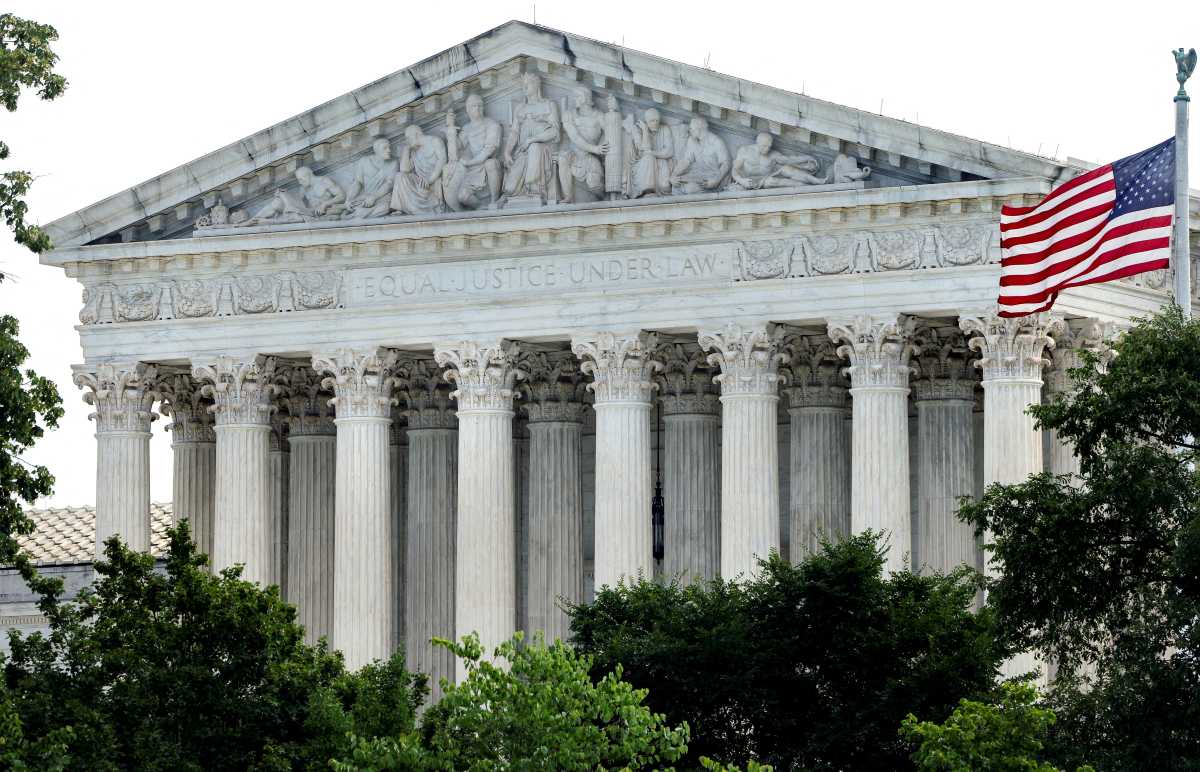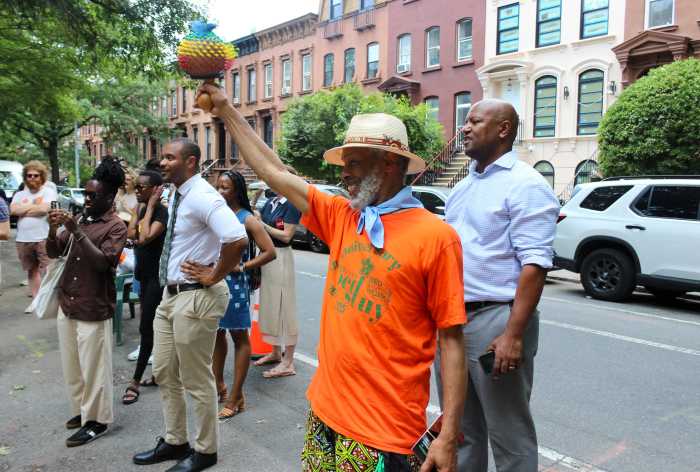
Director Rhys Ernst knew he was getting his hands on a controversial project when he decided to turn Ariel Schrag’s 2014 novel “Adam” into a feature film.
Telling the story of a cisgender teen who disguises himself as a transgender man to fit in within New York City’s LGBTQ club scene, the book has been called “disgusting,” “offensive” and “problematic” by readers in online reviews. Still, Ernst didn’t shy away from the book’s 2-star rating on Amazon when Schrag’s screenplay crossed his desk.
“I read the script very cautiously. As a trans filmmaker, I felt, what if this material wasn’t handled well? But I quickly found it was a very surprising, kind of hilarious story that I’d never seen anything like before.”
Ernst, 36, who served as a producer on Amazon’s Emmy-winning “Transparent,” saw the project as his opportunity to change trans storytelling.

He wanted to help bring to the big screen a story where queer characters aren’t questioning their identities and a world where the LGBTQ community isn’t a minority. He aimed to help front a project where nearly 70 percent of the cast identifies as trans, nonbinary or queer.
But in the months prior to his film’s release, #BoycottAdam popped up on Twitter; petitions calling for the film to be shunned appeared on Change.org and Thepetitionsite.com; and a flood of negative reviews dragged “Adam’s” IMDB rating to a low, one star.
“I feel strongly that I don’t think anyone who actually watches the movie will come away thinking it is transphobic in any way,” Ernst says, referencing articles questioning how a story like “Adam” could be made in 2019.
Since much of the backlash came before “Adam’s” Aug. 14 premiere, Ernst concludes much of it stems from judgments being made off the film’s synopsis, by people who haven’t yet watched the Bushwick-set production.
“There is a lot of confusion and misinformation being passed around online about what happens in the movie,” he says. “I emphasize with that because people are rightfully cautious right now. They feel under attack because they are under attack as things happening in the world revictimize the LGBTQ community.”
The biggest criticism of “Adam” stems from its central plot.
It follows the titular character (Nicholas Alexander) as he spends the summer of 2006 in the city with his sister, who identifies as a member of the LGBTQ community. Adam falls for a 23-year-old lesbian named Gillian (Bobbi Salvör Menuez), who mistakes him for a transgender man. Instead of correcting Gillian, Adam misleads her to keep her interest and feel accepted in the community.
Looking to films like 1982’s “Tootsie” or the 1996 adaptation of Shakespeare’s “Twelfth Night,” Ernst understands where the concern may come from. “I grew up with so many badly handled examples of trans depiction stories,” he says.
On paper, “Adam” follows a similar formula. On screen, it uses this plot to send a positive message, the director assures.
“’Adam’ raises eyebrows. Including mine, when I first heard about it … Adam’s journey in this movie actually shows that transness is something that cannot be put on and taken off.”
Ernst hopes those who choose to view the film before forming their own opinions will find it refreshing that it’s the cisgender lead struggling to come to terms with his own sexual identity, rather than the queer characters.
“The people who know who they are the most in this movie are the trans characters. They have stable, grounded identities.”
IF YOU GO: “Adam” will screen at the IFC Center through Aug. 29.




































